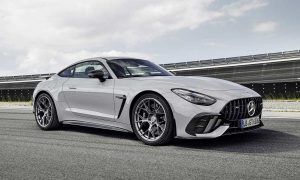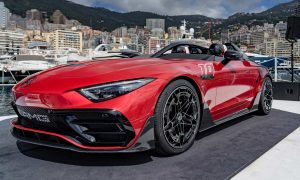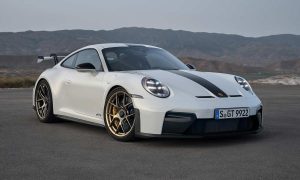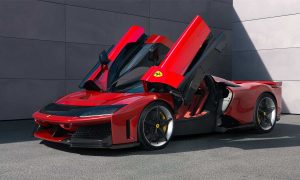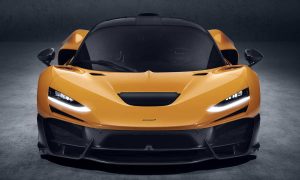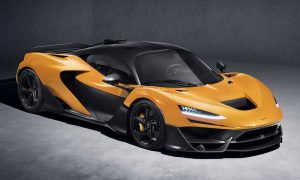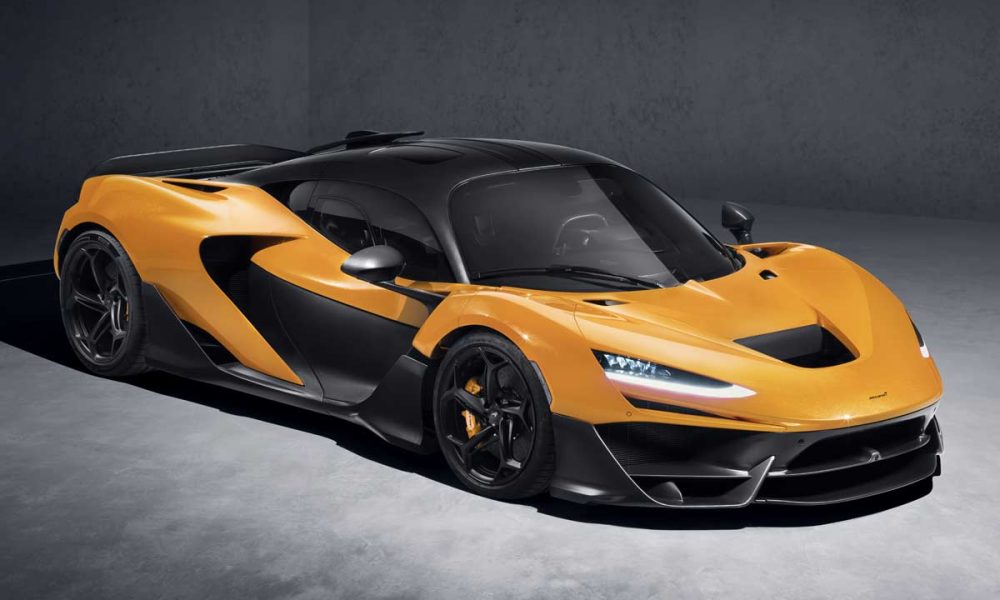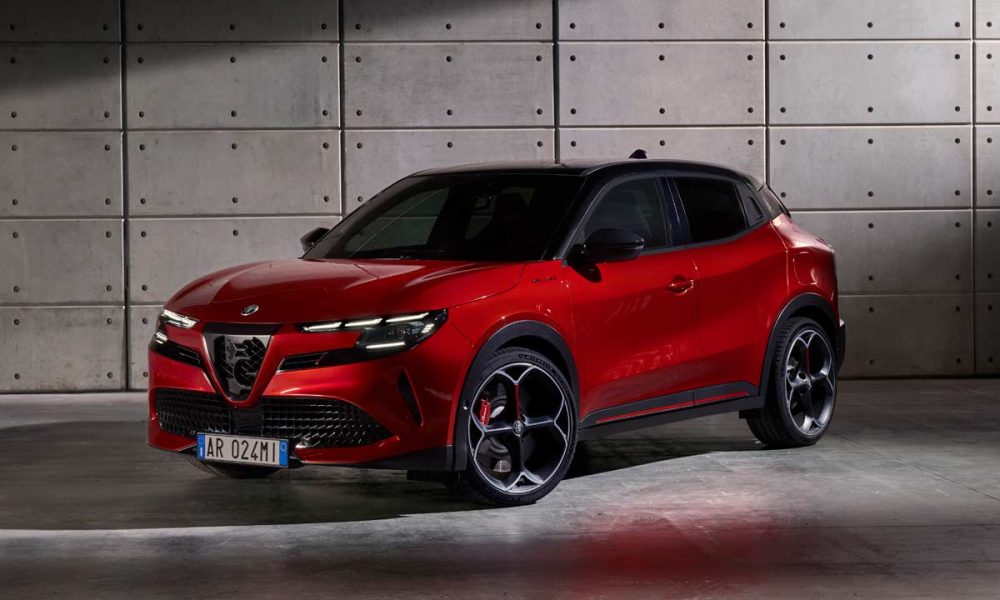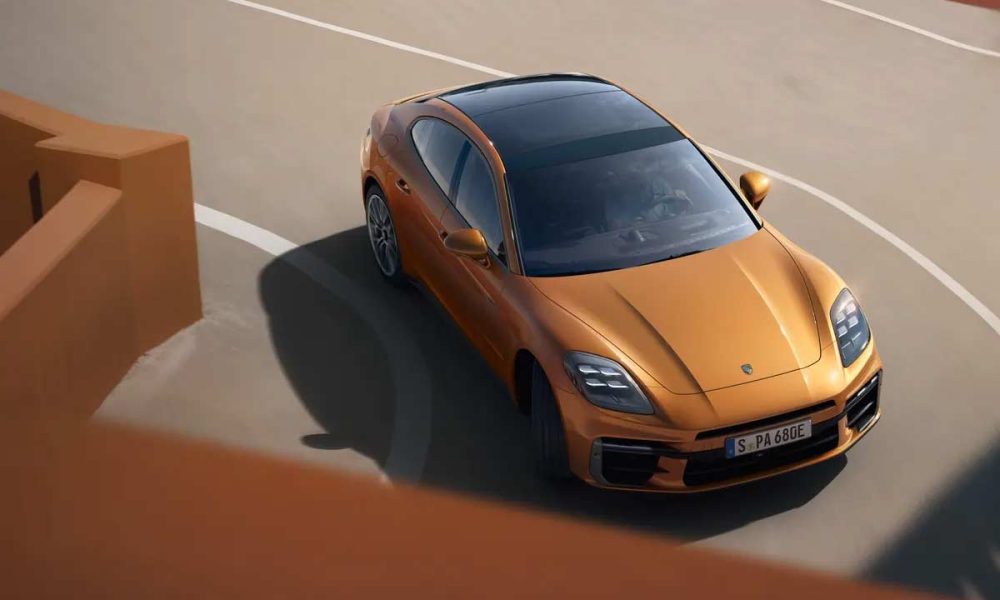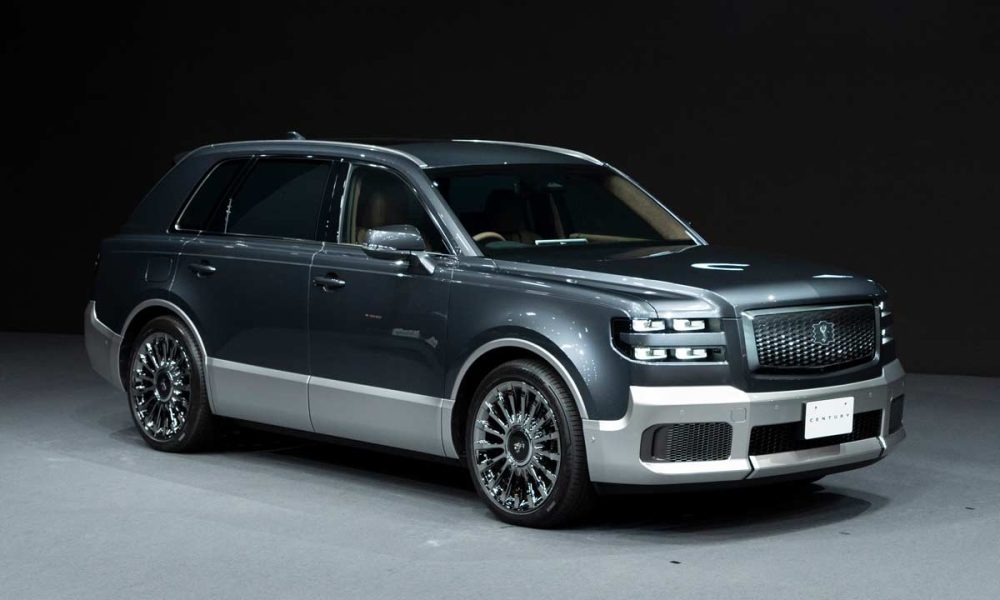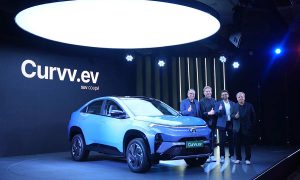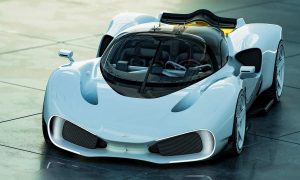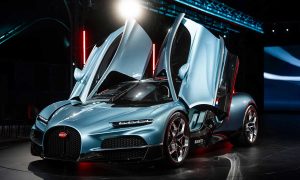New Delhi(With inputs from PTI): There seems to be lot of confusion in the Indian auto market following the National Green Tribunal’s diesel ban extended to 6 cities of Kerala. Luxury car maker Mercedes-Benz has said that it has put its investments on hold in India due to ban on sale of larger diesel vehicles in Delhi-NCR and says the issue has put a question mark on the country’s credibility as an investment destination.
Terming the current uncertain situation surrounding diesel vehicles as a “lost opportunity for India”, the German auto giant said its investments will be affected in the long term if the Supreme Court ban continued. Speaking to the PTI, Roland Folger, MD & CEO of Mercedes-Benz India said “Most of the decisions are postponed rather than completely cancelled. If the ban continues, then certainly cancellations will come into play,”
Stating that the company sees no growth in the luxury car segment at the moment, he said bringing additional products, which is linked directly to further investment and more jobs, are dependent on more volumes. “These things have been put on hold for the time being… We are basically slowing down in our additional hiring,” Folger said. “It’s just that you cannot justify higher investment with low volumes,” he added.
The company, which has invested Rs 1,000 crore over last ten years, had last year announced investment of Rs 150 crore to double production capacity at its Chakan plant to 20,000 units per annum. Expressing concern over the continued uncertainty, Folger said “Looking into the future, this is extremely difficult mainly because we don’t know what is going to happen now. The big question is what is going to happen after July.”
On the repercussions of the ban, Folger said: “It is a lost opportunity for India. The point I am trying to make always is, look at it as an international issue. India’s credibility is going to drive investments and in order to stay ahead of the game and make use of the overall economic environment it would be good if we have long-term solutions that help us to provide that kind of growth.”
He further said: “When we came to India, it was perceived as large potential market with very continuous, reliable growth. These things (the ban and higher taxes on diesel vehicles) have stopped that.” Folger also said that targetting only big vehicles in order to control pollution by leaving out mass segment cars is a flawed approach. “If you want to clear air than you will have to address many things besides automobiles.”
He also added that it wasn’t right to “punish” the big diesel cars and SUVs “just because some some people say as it is for rich people” as the ban also impacts other common people too.
Toyota on the other hand says it is re-looking its operations in India. That doesn’t necessarily mean closing down its operations, but re-considering new car launches and any further investments. SIAM(Society of Indian Automobile Manufacturers) said the diesel ban in Delhi has already cost about 5,000 jobs along with a production loss of about 11,000 units. It is estimated that the ban in Kerala will affect nearly 40,000 heavy motor vehicles and 98,000 light motor vehicles.
Shekar Viswanathan, Toyota Kirloskar Motor Vice-Chairman and Whole-time Director, told PTI, “We have already started re-looking at our operations. What is hurting us is not so much the ban but the unfairness. Orders are passed without hearing us. It is going against the principles of natural justice. We feel our vehicles are being targetted.” “We can understand if they banned all diesel vehicles but why only 2,000 cc and above?” he added.

Leave a Reply
Note: Comments that are unrelated to the post above get automatically filtered into the trash bin.

